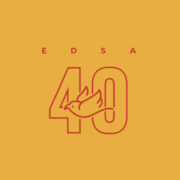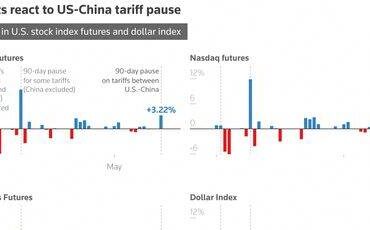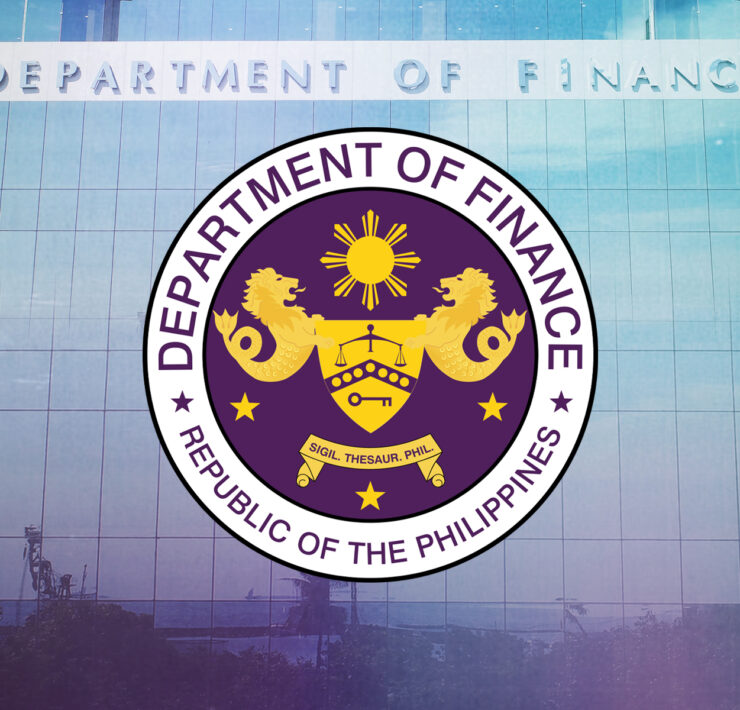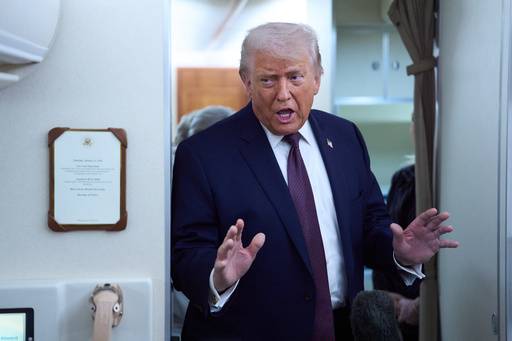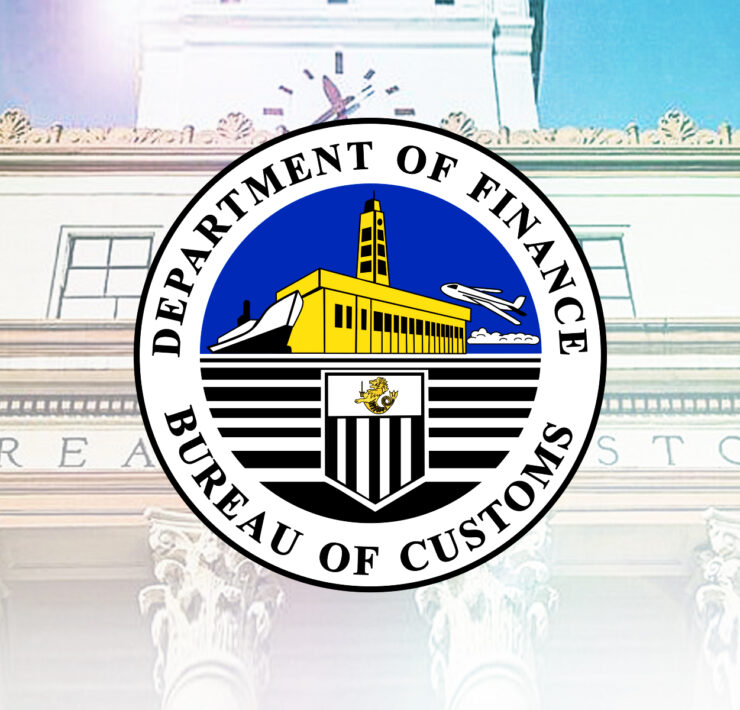Small businesses press US trade court to block Trump tariffs
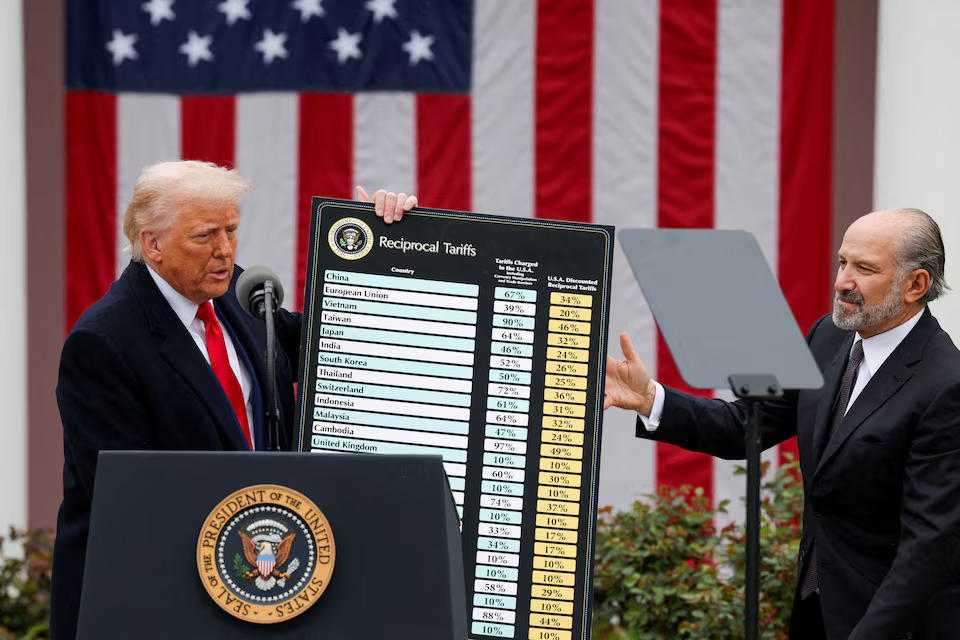
NEW YORK — Five American small businesses asked a US court on Tuesday to halt President Donald Trump’s “Liberation Day” tariffs, arguing that he overstepped his powers by declaring a national emergency to impose across-the-board taxes on imports from nations that sell more to the United States than they buy.
The Republican president’s April 2 imposition of the tariffs “represents an unprecedented and unlawful expansion of executive authority,” Jeffrey Schwab, a lawyer representing the plaintiffs, told a three-judge panel of the New York-based US Court of International Trade.
Trump’s interpretation, Schwab said, would allow him to impose tariffs “at any rate, at any time, simply by declaring a national emergency.” No law gives the president the unilateral tariff authority that Trump has claimed, Schwab said.
During the hearing in the first major legal test of Trump’s tariffs, the judges asked pointed questions of Schwab and Justice Department lawyer Eric Hamilton, arguing for the administration.
They asked Hamilton whether there are any limits of a president’s tariff power.
“We have a national shortage of peanut butter. Can the president declare an extraordinary emergency?” US District Judge Jane Restani asked. “What you’re saying is there’s no limit.”
Trump cited a law called the International Emergency Economic Powers Act (IEEPA) as the legal authority for his tariffs. Hamilton said there are limits in IEEPA including the requirement for an “unusual and extraordinary” threat before a president acts and a mechanism for Congress to end a national emergency after the president declares one.
But Hamilton said that courts cannot step in to decide whether a national emergency exists because it is a political question.
The judges asked Schwab whether they have the authority to stop Trump from imposing the tariffs under federal law. Schwab said Trump’s tariffs went well beyond what the law allowed, comparing them to a wild baseball pitch that was so far outside the strike zone that it goes behind a batter.
The judges pressed Schwab for a clearer answer.
‘National emergency’
“‘You know it when you see it’ doesn’t work,” Restani said.
Hamilton said economic conditions do justify concluding that there is a national emergency under IEEPA. The US trade deficit has grown by 40 percent over the past five years, weakening the economy and the ability of domestic manufacturers to provide the military with needed equipment and supplies, Hamilton said.
“The trade deficit has threatened the supply chain. It has caused a state of affairs where the national defense industrial base is not adequately prepared to meet the challenges that the country faces,” Hamilton said.
Schwab countered that the trade deficit is a “normal state of affairs” rather than an emergency.
The nonpartisan Liberty Justice Center filed the lawsuit on behalf of five small US businesses that import goods from countries targeted by the duties. The companies, which range from a New York wine and spirits importer to a Virginia-based maker of educational kits and musical instruments, have said the tariffs will hurt their ability to do business.
The Justice Department has said that the lawsuit should be dismissed because the plaintiffs have not been harmed by tariffs that they have not yet paid, and because only Congress, not private businesses, can challenge a national emergency declared by the president under IEEPA.
The law is meant to address “unusual and extraordinary” threats, and the decades-long US practice of buying more goods than it exports does not qualify as an emergency that would trigger IEEPA, according to the lawsuit.
The lawsuit is one of seven court challenges to Trump’s tariff policies, and the first to seek a ruling that would stop the tariffs from proceeding.
Reuters, the news and media division of Thomson Reuters, is the world’s largest multimedia news provider, reaching billions of people worldwide every day. Reuters provides business, financial, national and international news to professionals via desktop terminals, the world's media organizations, industry events and directly to consumers.






